All of the world is focused on current events at the moment. Therefore, my blog post will feature my 'Slovic' background, to honor the courage and devotion to democracy by the Ukrainian people.
Like many whose ancestors were able to immigrate before the time of the Iron Curtain, I also came to not all of their extended family members chose/or were able to make the journey.
My maternal grandmother's family traveled from Bohemia/Czechoslovica via a ship and settled in Chicago. Many of my childhood memories are of the Slovic culture, foods, nursery rhymes, fairytales, music, dance, and the drive to succeed. Hard work, Family, Faith, and honoring those who came before them, was part of daily life.
Where did Ukraine originate from?
The history of Ukrainian nationality can be traced back to the kingdom of Kievan Rus' of the 9th to 12th centuries. It was the predecessor state to what would eventually become the Eastern Slavic nations of Belarus, Russia, and Ukraine.
Famous Ukraine Story
"The Mitten” is a story of a little boy that lost his mitten in the snow. Soon after, an animal finds its way into the glove to seek warmth and shelter. It doesn't take long until many more animals have the same idea. The mitten becomes stretched out and cramped for space.
Traditional Crafts
Petrykivka painting (or simply "Petrykivka") is a traditional Ukrainian decorative painting style, originating from the village of Petrykivka in Dnipropetrovsk oblast of Ukraine, where it was traditionally used to decorate house walls and everyday household items. The earliest known examples of this style date from the 18th century, but it continues to thrive and develop as a modern art form.
The distinctive features of this folk art style are its flower patterns, distinctive brush techniques, and its traditionally white background (contemporary painters, however, often work on black, green, red, or blue backgrounds. (Wikipedia)
Traditional Clothes
Pinterest: Traditional Clothing and Embroidery
Traditional Food
(Ukrainian hostesses cook this dish with sweet potatoes as a dessert.)
Potato Pancakes
Ingredients:
6 potatoes
1 egg
3 tablespoons of flour
1 onion
sunflower oil
1 package of sour cream
Instructions:
Peel potatoes and onion and grate them. Beat an egg and combine it with potato. Add salt, flour and mix everything properly.
Heat the sunflower oil in the pan and pour the potato mixture in the form of round pancakes. Fry until one side of the pancake until golden, then and then turn over.
Serve a dab of sour cream.
I will close with a Ukrainian Proverb:
Take care, my dear friends and readers,
Connie
XOXO
Remember: All of my books are on sale at Smashwords this month!!
https://bookswelove.net/vines-connie/
https://books2read.com/Lynx
https://books2read.com/Gumbo-Ya-Ya
https://books2read.com/Here-Today-Zombie-Tomorrow














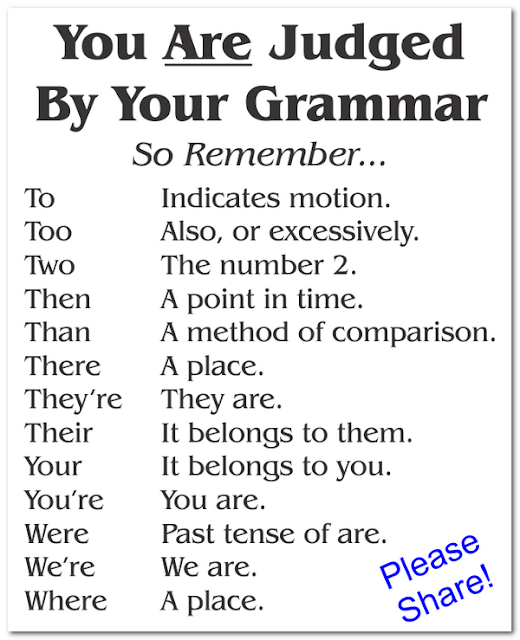
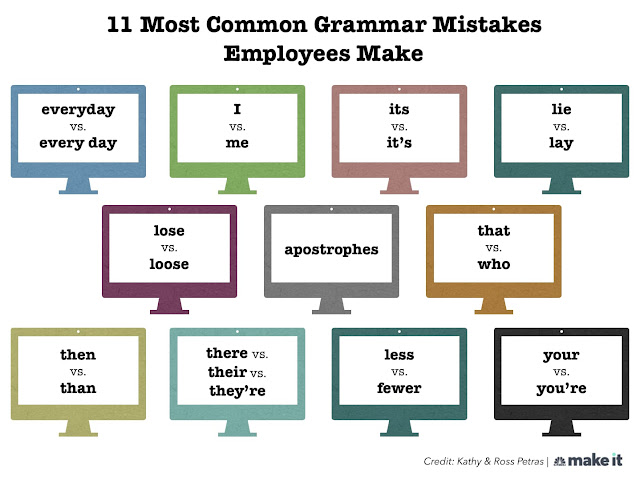



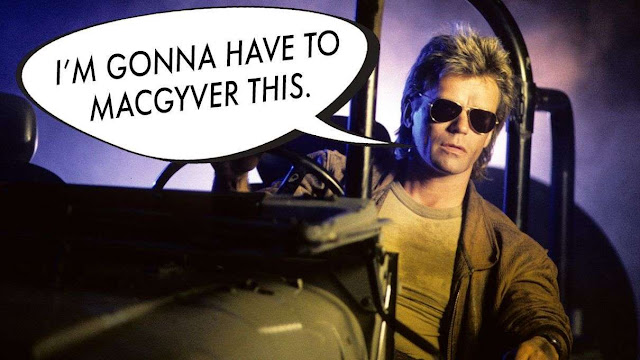









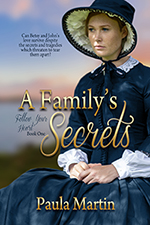



















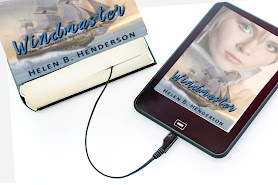



.jpg)

.jpg)




